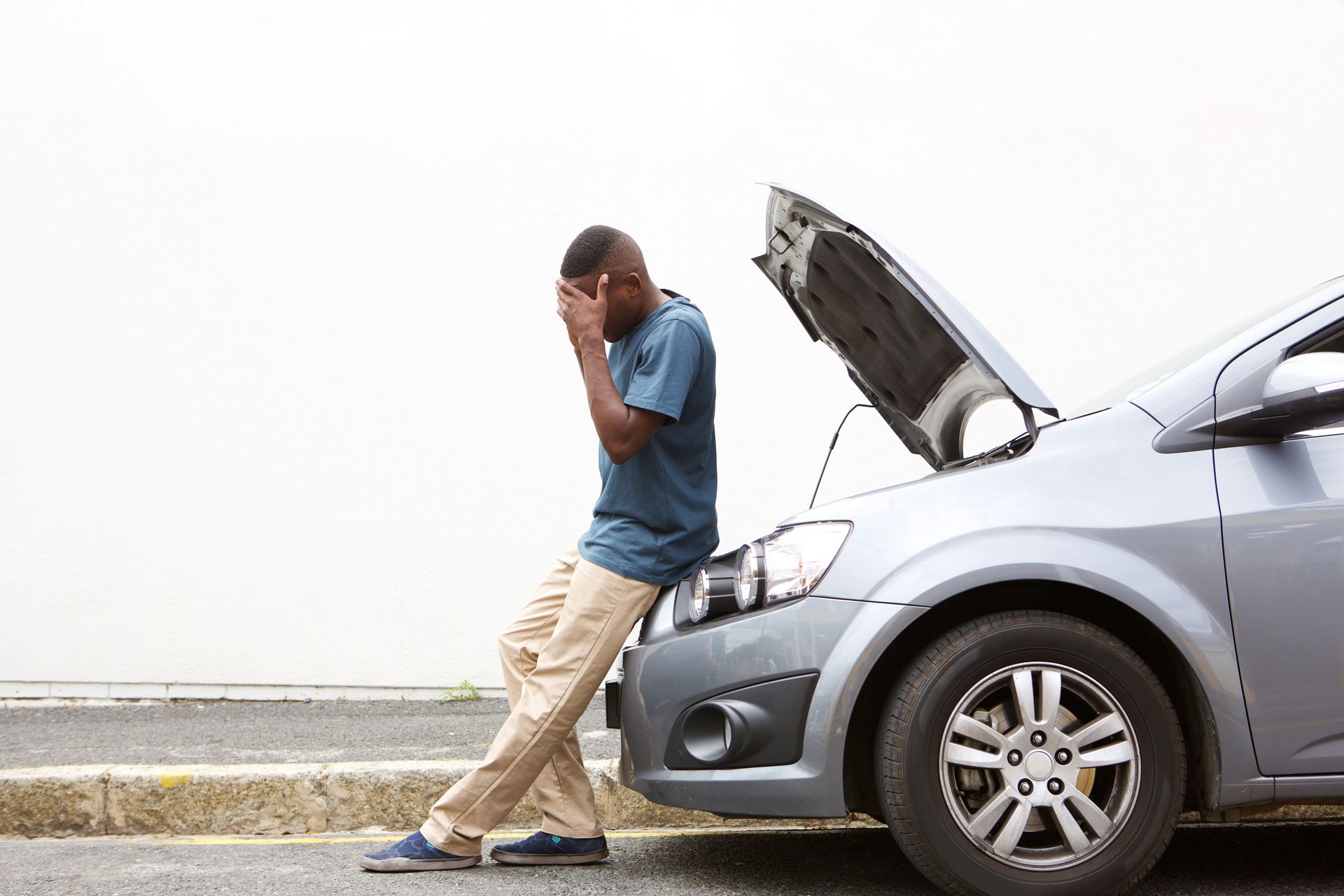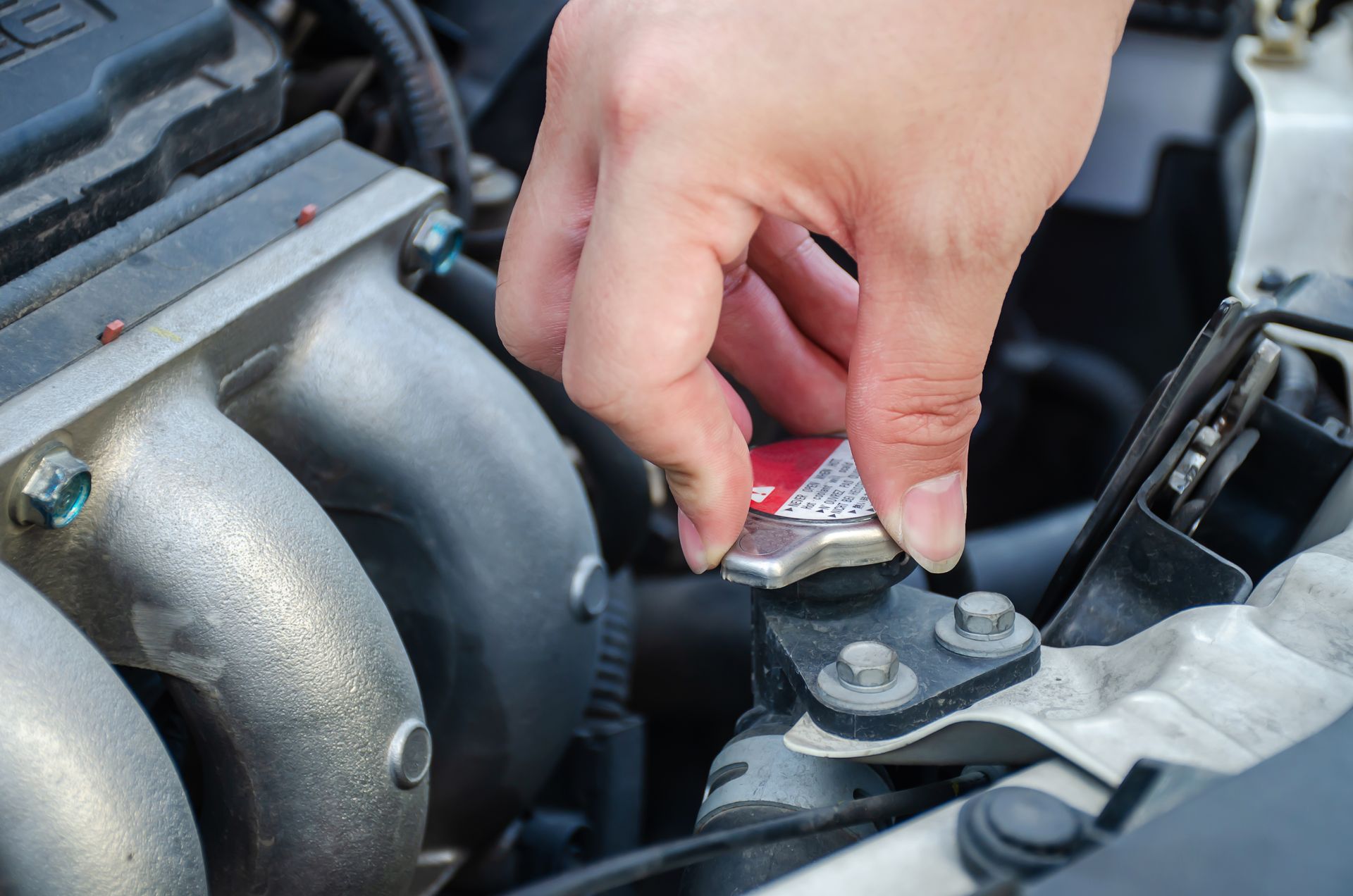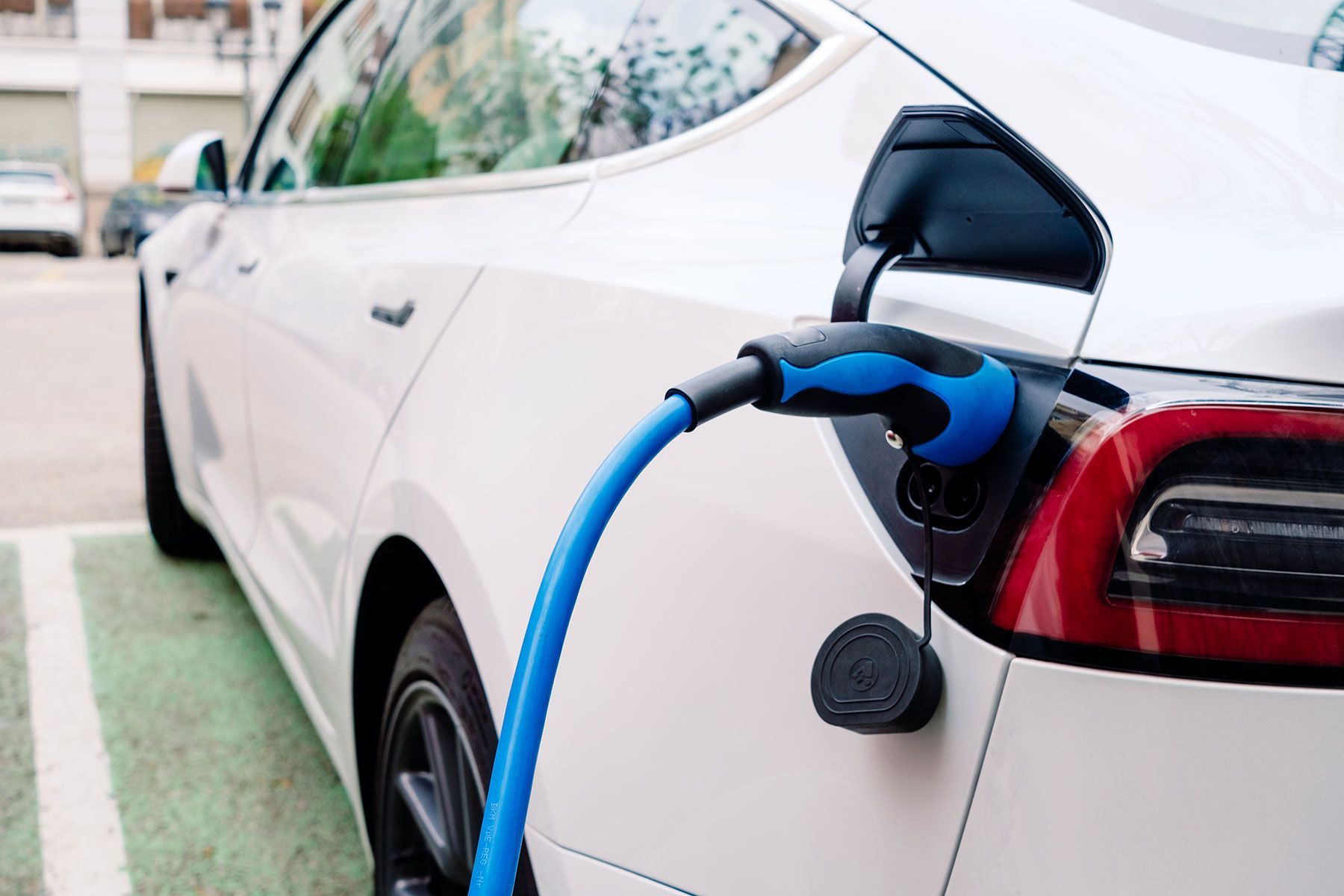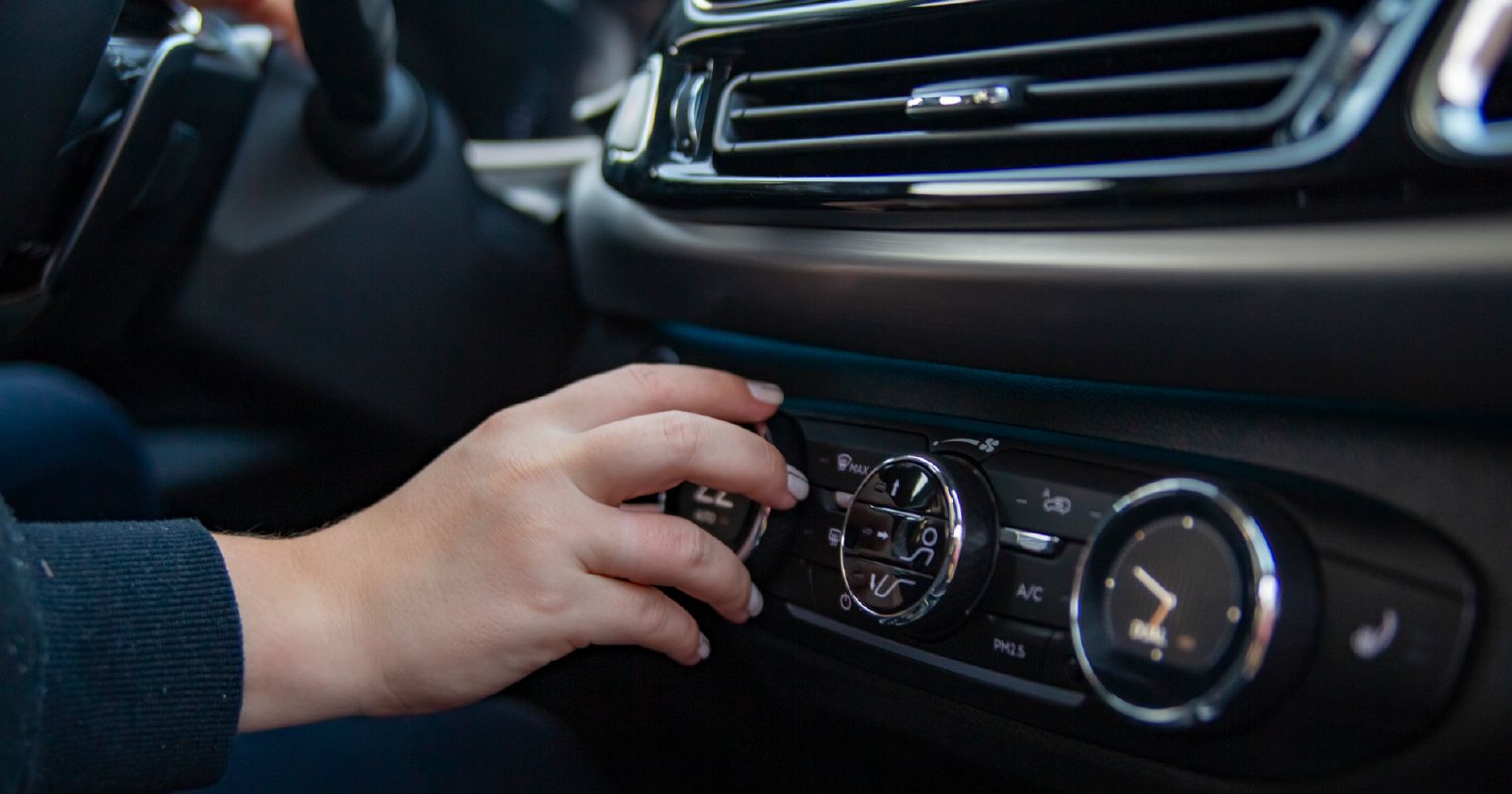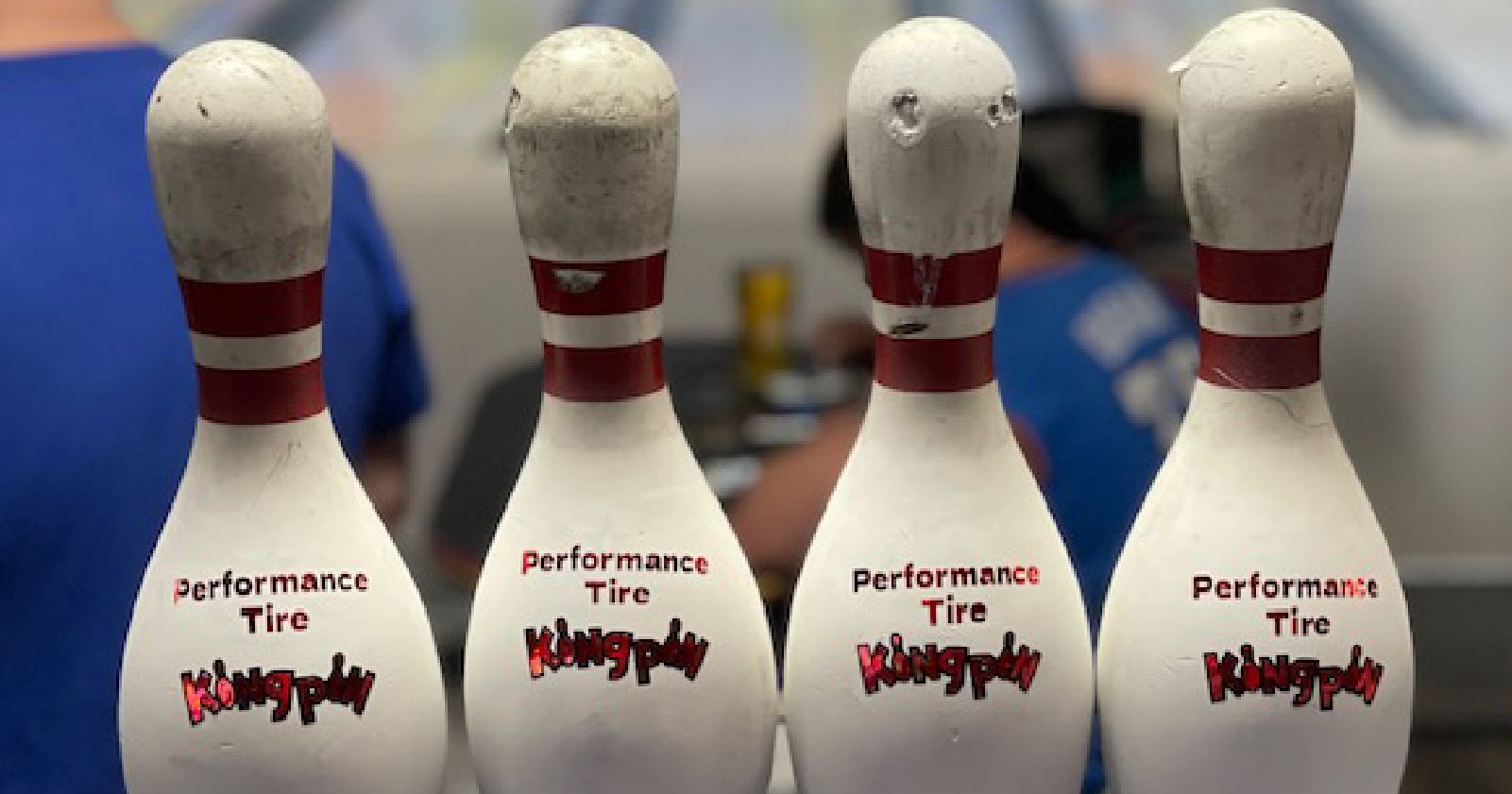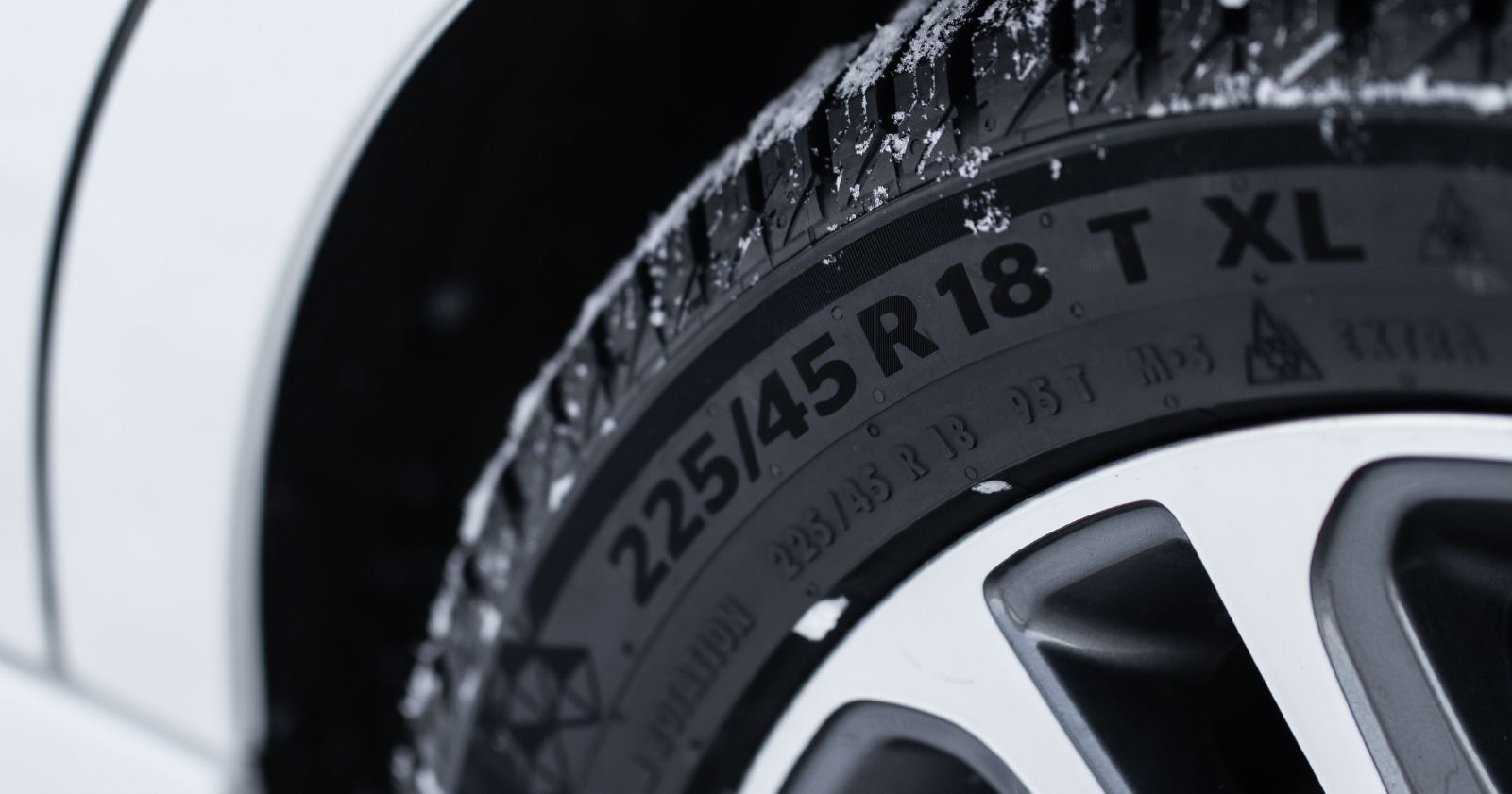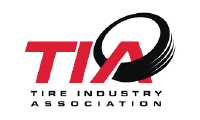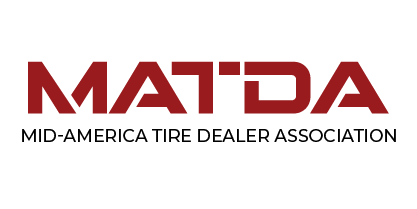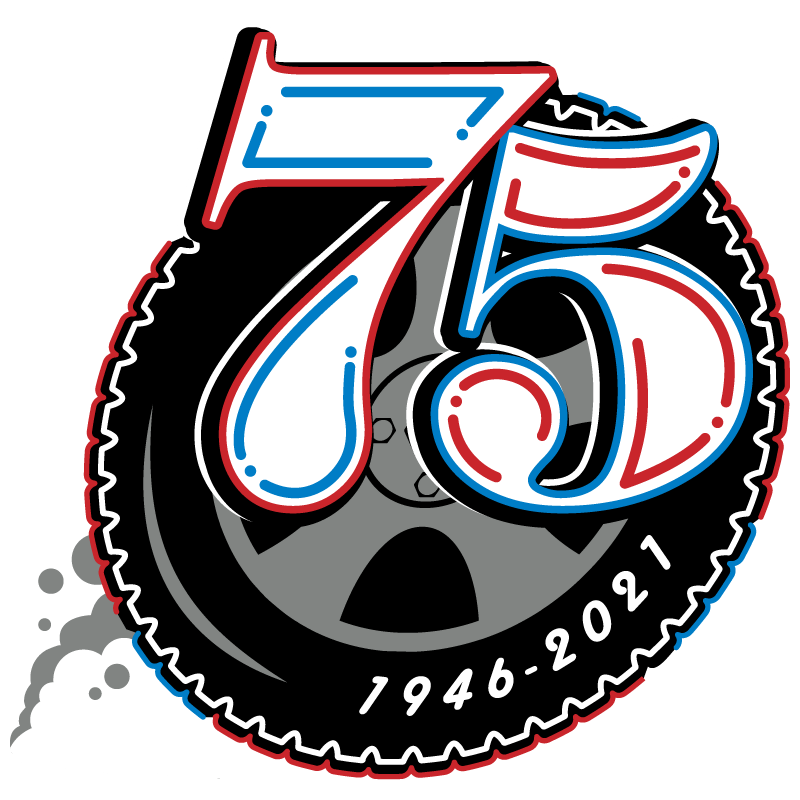Top Signs Your Car Needs a Brake Inspection
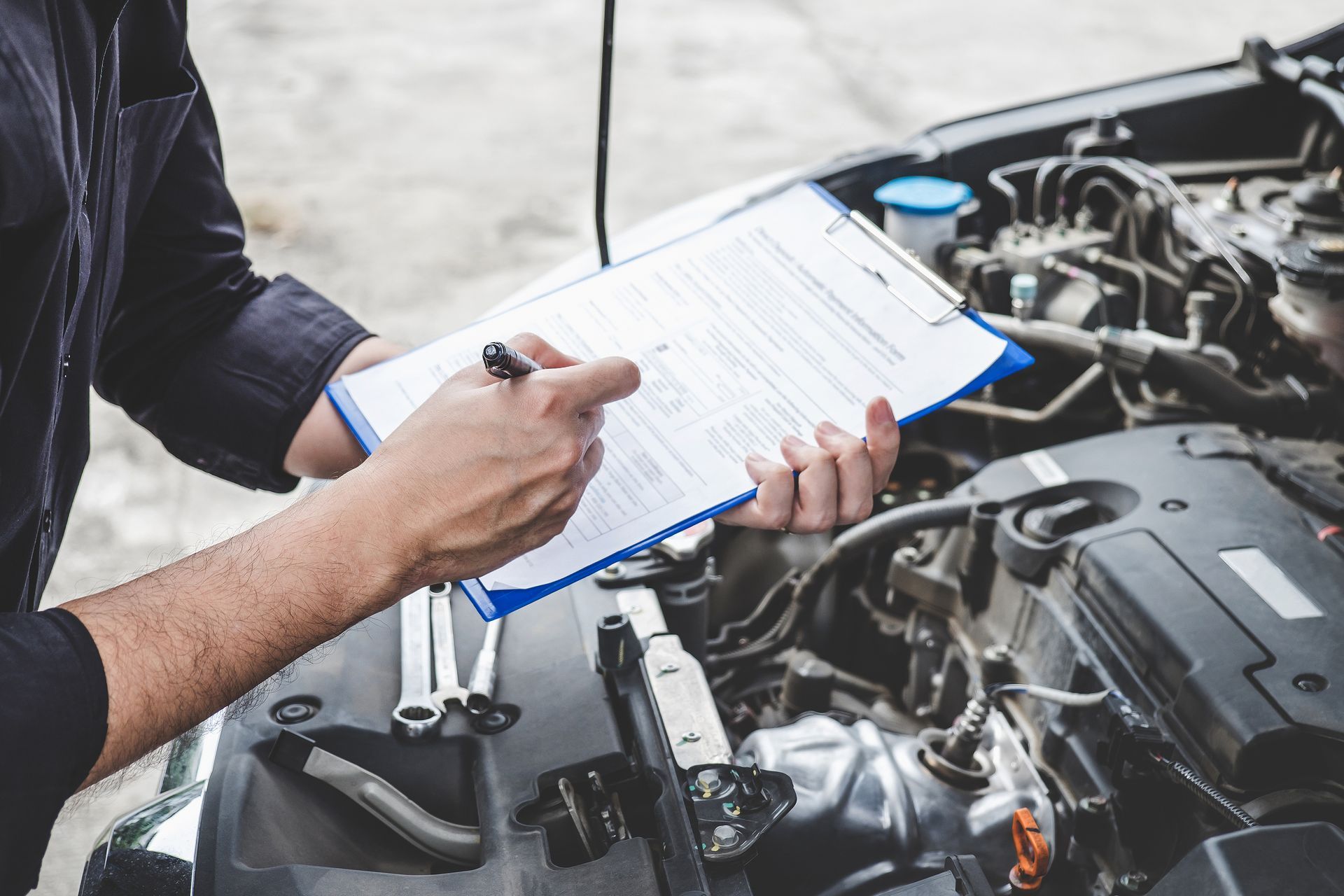
Top Signs Your Car Needs a Brake Inspection
Your car's brakes are vital for safety. They need regular checks to ensure they're working properly.
But how do you know when it's time for a brake inspection? What signs should you look out for?
This article will guide you through the top signs your car needs a brake inspection. It's designed to help you spot potential issues before they become serious problems.
From squeaking brakes to a spongy brake pedal, we'll cover the key indicators that your brake system may need attention. We'll also explain the role of various brake components, such as the brake pad and brake rotor.
Whether you're a seasoned driver or a car owner with limited automotive knowledge, this guide will be useful. It's all about keeping you safe on the road.
Understanding Your Brake System
Your car's brake system is a complex assembly of parts working together. When you press the brake pedal, it triggers a chain of events that slow down your vehicle.
The brake pedal activates the master cylinder, which sends brake fluid through the brake lines. This fluid pressure then engages the brake caliper, squeezing the brake pads against the brake rotor. This friction slows down your car. Understanding this process can help you identify potential issues early.
The Role of Brake Pads and Rotors
Brake pads and rotors are key components in your car's braking system. The brake pads are fitted inside the brake calipers. When you press the brake pedal, the calipers press the pads against the rotors, creating friction.
This friction is what slows down your car. Over time, this friction wears down the brake pads and can warp the rotors. Regular inspection of these parts is crucial to ensure your car's braking system is functioning properly.
1. Squeaking or Grinding Noises
One of the most common brake inspection signs is a squeaking or grinding noise. This sound is often a clear indicator that your brake pads are worn out. When the pads wear thin, the metal of the calipers can grind against the rotors, causing this noise.
Ignoring this sign can lead to more serious damage to your brake system. If you hear these noises, it's time to schedule a brake inspection as soon as possible.
2. Reduced Responsiveness or Fading Brake Pedal
Another sign that your car may need a brake inspection is a reduced responsiveness or a fading brake pedal. This can be felt when the brake pedal sinks toward the floor when you apply pressure. It could indicate a leak in the braking system, possibly in the brake master cylinder.
If your brake pedal feels spongy or less responsive than usual, don't ignore it. It's a clear sign that your vehicle needs a brake inspection.
3. Pulling to One Side When Braking
If your car pulls to one side when you apply the brakes, it's a sign that your brake system may be unbalanced. This could be due to a stuck caliper, uneven brake pad wear, or issues with the brake hose.
This pulling is not just annoying, it's a safety risk. It can affect your ability to control the vehicle, especially in emergency situations. Therefore, it's crucial to get a brake inspection if you notice this symptom.
4. Vibration or Wobbling During Braking
Feeling a vibration or wobble when you apply the brakes is another sign that your car needs a brake inspection. This could be due to a warped brake rotor, which can occur from excessive heat or wear.
Ignoring this symptom can lead to further damage and increased repair costs. It's best to have your brakes inspected as soon as you notice this issue to ensure your safety on the road.
5. Brake Warning Light Illumination
The illumination of the brake warning light on your dashboard is a clear sign that your car needs a brake inspection. This light is connected to sensors that monitor your brake system's health.
If this light comes on, it's crucial to get your brakes checked immediately. It could indicate a serious issue, such as low brake fluid or a hydraulic system problem, both of which can severely impact your vehicle's braking ability.
6. Brake Fluid Leaks and Inspection
Brake fluid leaks are another sign that your car needs a brake inspection. If you notice a clear or yellowish fluid near your wheels or under the car, it could be brake fluid.
This fluid is crucial for the proper functioning of your brake system. A leak can lead to reduced brake performance or even brake failure. Therefore, any suspected brake fluid leak should be inspected by a professional immediately.
7. Unusual Smells or Smoke
A burning smell or smoke coming from your wheels is a serious sign of brake trouble. This could indicate overheated brakes or clutch. In extreme cases, it could even lead to a fire.
If you notice such signs, it's crucial to stop driving immediately and let the brakes cool down. If the smell persists, seek professional help right away. This is a clear sign that your car needs a brake inspection.
8. Increased Stopping Distance
If your car takes longer than usual to stop, it's a clear sign of brake wear. This could be due to worn brake pads, a failing brake booster, or other issues.
Increased stopping distance is a serious safety concern. It's crucial to get your brakes inspected and repaired as soon as possible to prevent accidents.
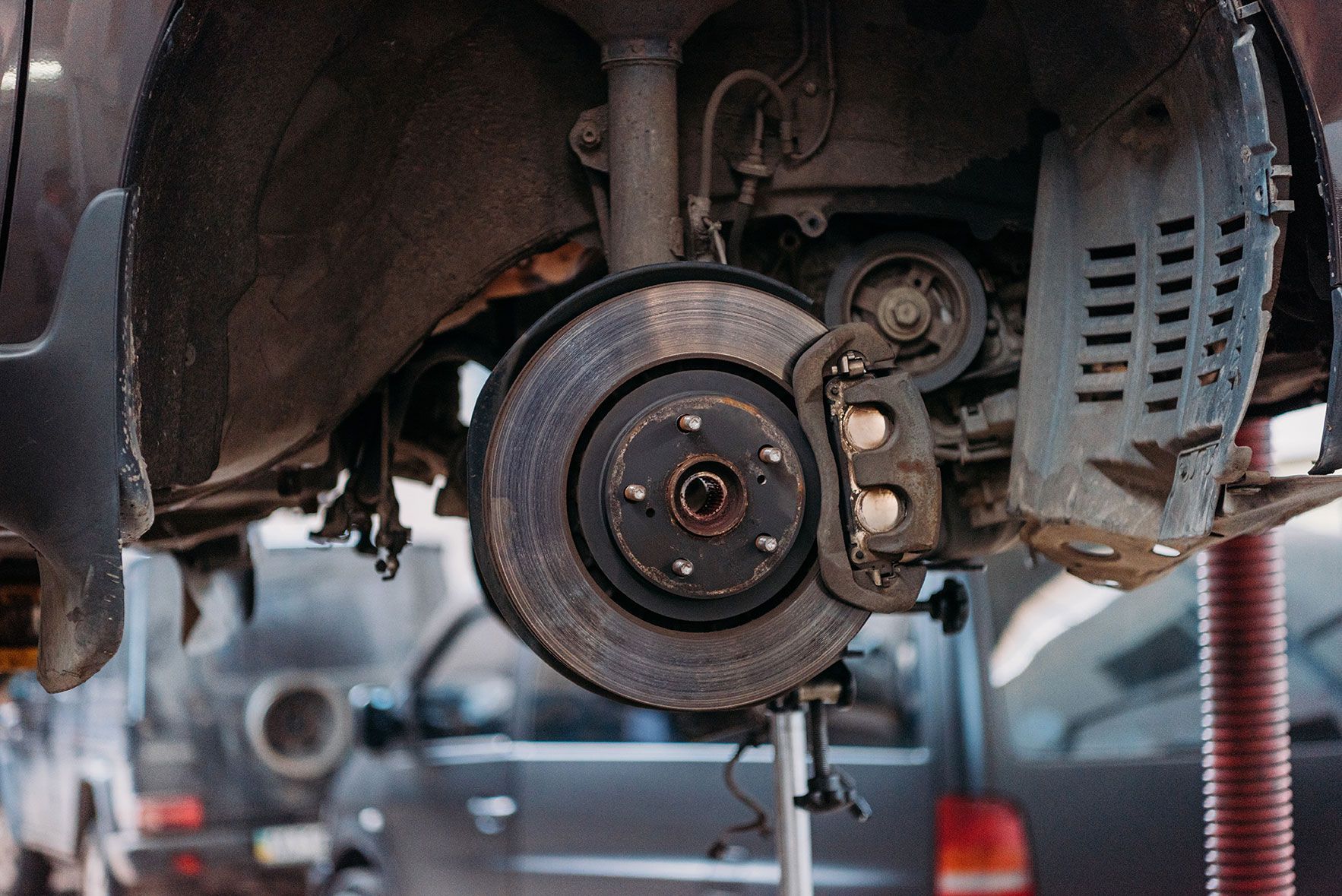
The Importance of Regular Brake Inspections
Regular brake inspections are vital for your safety on the road. They help identify potential issues before they become serious problems.
Ignoring brake inspection signs can lead to costly repairs, or worse, a dangerous situation. Make brake inspections a part of your routine vehicle maintenance.
DIY Brake Inspection Tips
You can perform basic brake inspections at home. Look for signs of wear on the brake pads and check the brake fluid level.
Listen for unusual noises when braking. Squeaking or grinding sounds can indicate worn brake pads. Always consult a professional if you're unsure.
When to Seek Professional Brake Services
If you notice any of the signs mentioned, it's time to seek professional help. A certified mechanic can provide a thorough brake inspection and diagnose the issue accurately.
Ignoring these signs can lead to costly repairs in the future. More importantly, it can compromise your safety on the road. So, don't delay in getting your brakes checked by a professional.
Conclusion: Don't Ignore the Signs
Your vehicle's brake system is crucial for your safety. Ignoring the signs of brake issues can lead to dangerous situations on the road.
Regular brake inspections and timely repairs can save you from potential accidents. Always remember, when it comes to brake issues, it's better to be safe than sorry.

